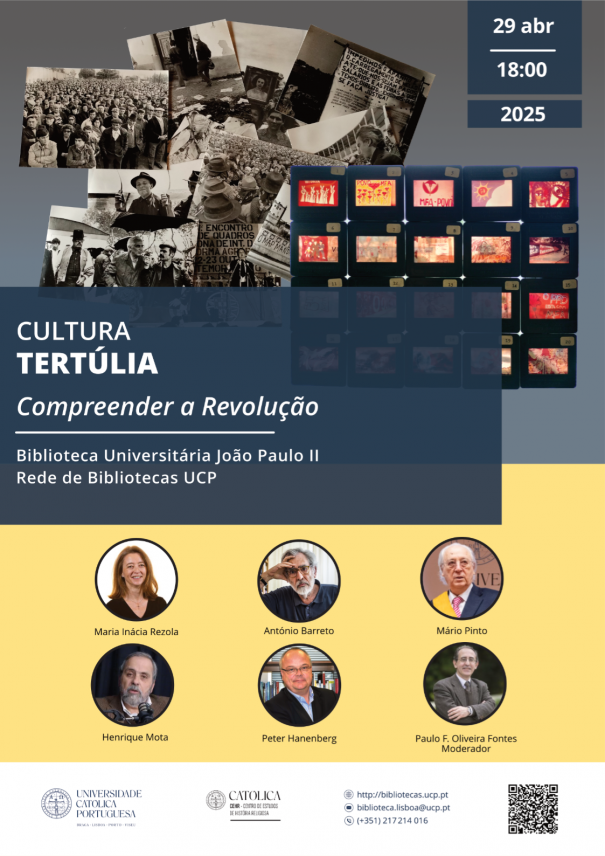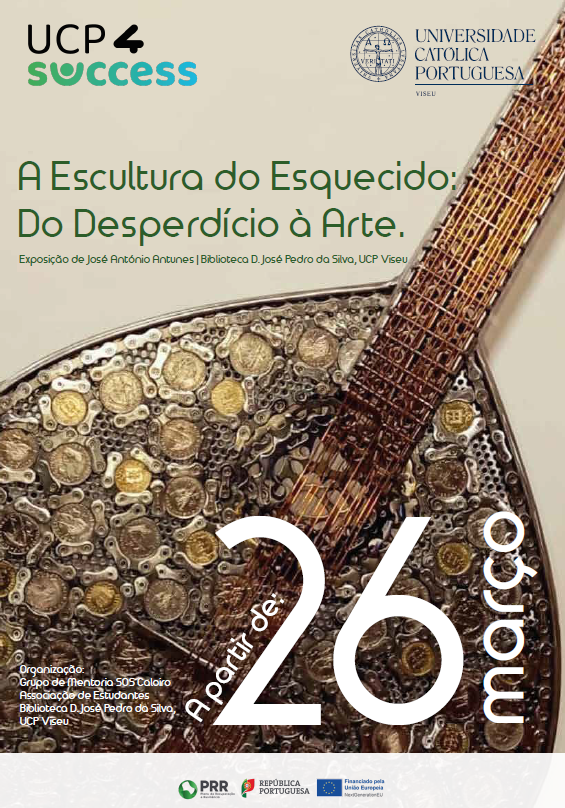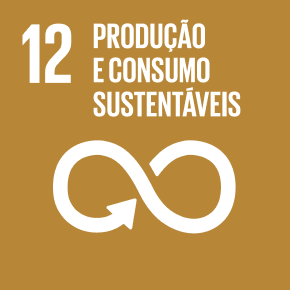School of Arts inaugurates ‘Depth of Field’ by Mónica de Miranda
The School of Arts is organising the inauguration of the Depth of Field exhibition by artist Mónica de Miranda, which will take place on March 28, at 6:30 PM, in the Exhibition Hall of the EA.
After participating in the 60th Venice Biennale with the project Greenhouse and the Sharjah Biennale in the United Arab Emirates with As if the world had no west, artist Mónica de Miranda presents the Profundidade de Campo project at the Católica Art Center, in collaboration with the Porto Municipal Gallery / Ágora – Culture and Sports of Porto, E.M.
The exhibition, which will be on display at the School of Arts' Exhibition Hall from March 28 to June 13, aims to showcase the work of Angolan anthropologist Augusto Zita, one of the first African anthropologists to shift the focus of anthropological research toward the colonizer. Based on Zita’s unpublished field notebook, the artist created a film in which she gives voice to the anthropologist’s research and investigations in the Namibe desert, where he conceived a cosmological system oriented toward nature, with light as a third dimension.
It also includes a series of images depicting the Portuguese colonial remnants in the Namibe desert, in Towba and in the Bay of Tigers, in southern Angola. The latter is a 'ghost' village founded by fishermen from the Algarve around 1860, inhabited by this community until the end of the colonial period in 1975, and subsequently abandoned.
The artist's work explores the relationship between space and time, nature and history, memory and land through the lens of non-Western cosmologies and conceptions of time and space, using photography and film, informed by Zita’s practices and by the literary, cinematographic, and anthropological work of Ruy Duarte Carvalho.
Depth of Field brings together concrete historical documents with systematic aesthetic explorations aimed at shedding light on hidden memories, ideas, and conceptions of reality. It portrays the fall of the Portuguese Empire and the colonial ruins of that empire, now being swallowed by nature in an act of natural regeneration.





